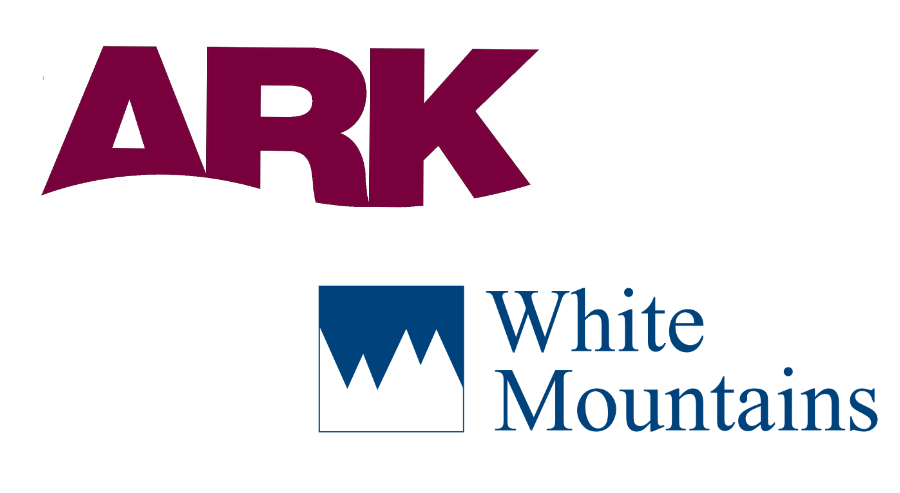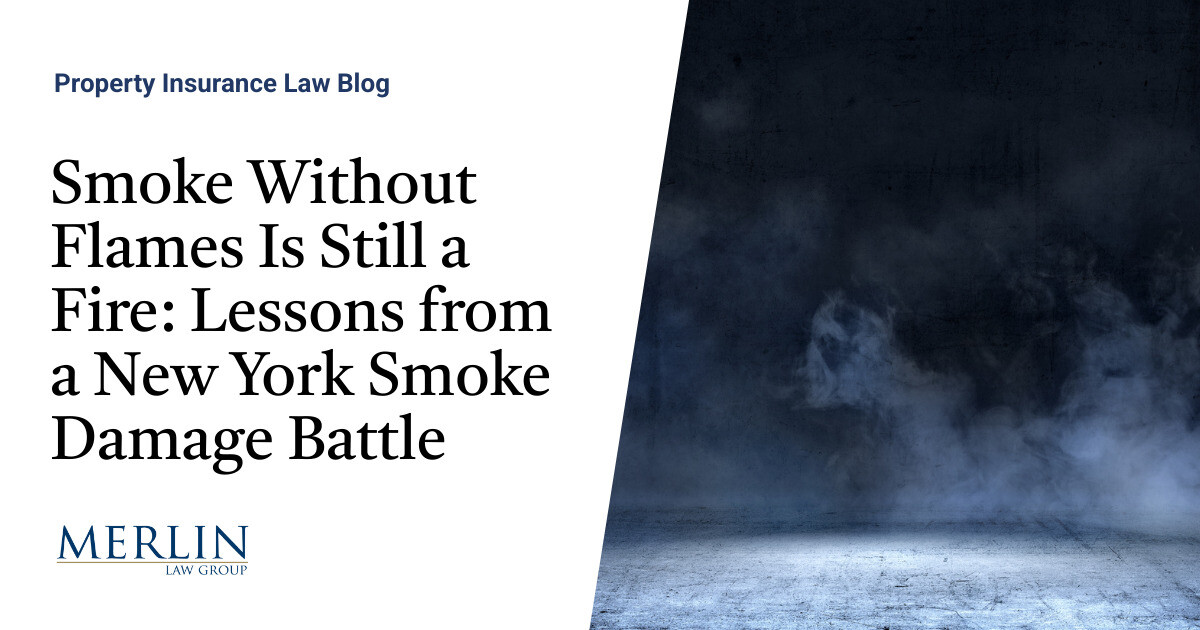
I’ve been working in the insurance industry for 18 years now.Currently, I hold a position as a Personal Lines Underwriter with Central Insurance.However, when I obtained my very first position as a personal lines customer service representative at a small independent agency in New York, I knew next to nothing about insurance (other than I needed it).
And so, my career began.Over the next 18 years, I would gain a lot of knowledge about the ins and outs of the personal lines wing of this great industry.Having worked on the agency side and the carrier side, I consider myself lucky to have experienced the similarities and differences both opportunities provided.
So, what are the similarities and differences between a personal lines agent and personal lines underwriter you ask? Great question! First, you may need to know a bit about the different types of agencies.We’ve all seen commercials on TV from insurance companies advising you to “call now and we’ll save you X amount in X minutes,” or “Go online to name your price!” These insurance carriers are called direct writers (or exclusive), and direct writers only write with one company.When you call and speak with an agent, they will be able to assist you with quotes, answer your questions about coverages, and help you design the best policy that meets your needs.
However, they will not shop out your rate with any other carriers as they work exclusively for said advertised company.Also, when you write with a direct market carrier and you have a question, you will need to call their toll-free line for assistance by the next available representative.This can be a great thing if you want a prompt (or not so prompt) answer on the phone.
If you’re looking for more personalized service from a designated person you can call directly for any insurance reason, an independent agent may be the way to go.An independent insurance agent is just as it sounds…independent from any single insurance company.Independent agents partner with multiple carriers.
What does that mean for you? It means that when you call your agent (or stop in, since the office locations are usually in your own neighborhood), you will likely work with the same person each time (the one assigned to your account).As your exclusive agent, this person will be able to assist with quotes, answer questions, and help you design the best policy for you.There are many, many insurance carriers out there who offer different coverage enhancements that may fit your specific needs, and it is an agent’s job to help you determine which carrier is the best fit for your needs.
Now that you understand the difference between independent and exclusive agents, let’s dive into the differences between the agent and the underwriter.The agent is the face-to-face contact for you, the insured.They are the ones who are there to answer your questions and will know you by name.
They may ask you a lot of questions about your home, your cars, if you have a dog, an in-home business, etc.The more the agent knows about you, the better they’ll be able to recommend the best coverage (I’ve had customers ask if I wanted to know their blood type too).This is called “pre-underwriting.” Each carrier has a specific set of underwriting guidelines that the agent must adhere to in order to submit a new policy for approval with a company.
Reviewing these things will help them determine the best coverage and carrier to offer you, while making sure your account will be a good fit for that company before presenting the quote.This is where the underwriter comes in.An underwriter reviews applications, quotes, and potential policies an agent would like to write for their customer.
Working for a company, each personal lines underwriter is usually a specialist of sorts to a state or territory.As each state may have different laws on how insurance policies can be quoted and/or issued, it is important that an underwriter understands not only the coverages that their company offers, but the differences as well.The underwriter will review the application submitted by the agent and confirm the risk meets the guidelines set in place with their carrier.
As each and every application is different, some policies will require further review, and an underwriter will advise the agent of additional information they may need.A physical inspection of a property is often required, and the underwriter will review this for potential hazards, then advise the agent that an insured will need to address certain issues in order to obtain (or continue) coverage.The agent will work with the customer to gather this information so the underwriter can determine if the policy is desirable for the company, or if it would be a better fit with another carrier.
If that is the case, the underwriter will deny or cancel/non-renew that policy, while always following the state-specific laws of their assigned territory.Typically, each independent agency will work with the same underwriter at the insurance company to develop a solid relationship.Since an agent has to work with multiple carriers, their relationship with their underwriter is very important.
If they are approached by an insured with a question they do not know the answer to, their company-specific underwriter is there to help and guide them.It is these relationships that help maintain the strong communication between company and agency partners that are the glue that holds this industry together.All in all, I believe the personal lines world would fall into major disruption without the open door collaboration of agents and underwriters.
Personal lines insurance is an ever-changing industry and it takes a village to run it smoothly.Share this:FacebookTwitterLinkedInMoreEmailPrintLike this:
Publisher: Central Insurance Companies








